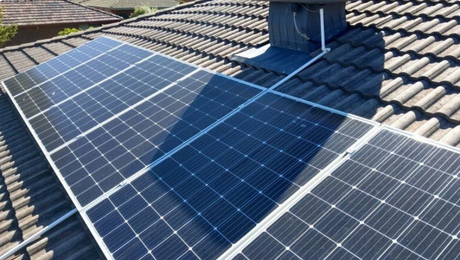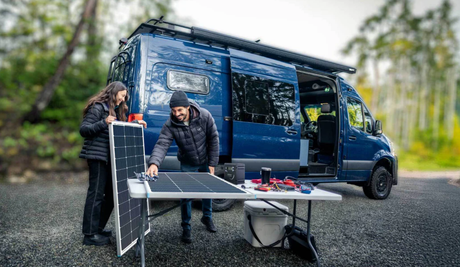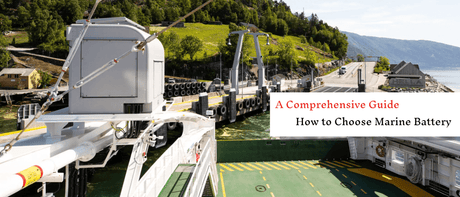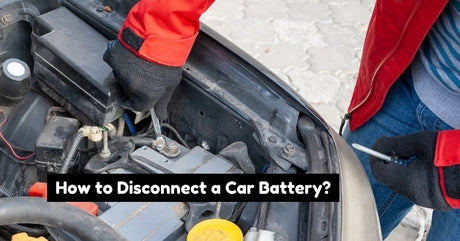What to know about building a resilient solar installation
Many people go solar because they want to become more energy independent and ensure they have energy access no matter the conditions. However, just because you have solar panels does not mean you’ll be able to have access to power during an outage. Here’s what to know about building a resilient solar power installation.
What is a resilient solar installation?
Resilient solar installations have the ability to operate independently from the grid during an outage. Many people purchase gas-powered generators as a solution for providing back-up power in case of emergencies, but that is not the quietest, sustainable, or even most cost-effective solution. Additionally, in case of catastrophes, fuel supplies can become vulnerable to contamination or shortages. Off-grid solar installations or systems with battery storage can be a great way to ensure you continue to have access to energy in any conditions.
What are the three different solar power systems?
On-grid systems (grid-tie solar systems)
Instead of tapping into a battery bank to cover excess energy needs, grid-tied systems tap into the grid. One important thing to consider is on-grid systems do not function during a blackout. This is because it would be a safety concern for a system to push power into the grid when utility workers may be out making repairs to the network.
On-grid systems with battery storage (hybrid systems)
As the cost of batteries continues to drop, more people are choosing to add battery storage to their on-grid projects to be able to take advantage of the benefits of both on- and off-grid systems, such as ensuring you have energy access during blackouts and paying for less energy from the grid. To work during an outage, an on-grid system with battery storage should have the proper technology to disconnect from the grid. Then, your solar system will be able to provide power to your home by accessing your stored power in your battery bank even when the grid is down
Off-grid solar systems (stand-alone power systems)
Off-grid systems utilize a battery bank to store energy produced from solar panels. Instead of being connected to the grid, you tap into the stored energy in your battery bank when there is too little sunlight or at night. Systems must be sized and designed to fit a variety of needs throughout the year, especially in the winter when there are fewer sunlight hours. Off-grid systems are a popular choice for those living in a remote area without reliable and affordable access to the grid.
Will my solar installation work during an outage?
As noted, just because you have solar panelsdoesn’t mean you’ll be able to access power during a blackout. If you have battery storage , you’ll be able to keep powering your home’s devices and appliances with your solar installation.
f you are connecting to the grid, you’ll also want to consult with a professional to make sure you have the proper technology to disconnect in order to make your system rely solely on battery power in case of outages. Additionally, many jurisdictions require that a licensed contractor installs the system for safety reasons.
Should I go off-grid or build a grid-tied system with a battery bank?
To ensure you’ll have energy access during power outages or severe weather events, off-grid and hybrid systems are your best bets.
The benefits of off-grid systems are having ultimate energy independence and a sustainable lifestyle. That said, you don’t have the benefit of having peace of mind from being able to use the grid when your system needs servicing or there is bad weather. You’ll also need more equipment and may have to cover higher initial costs.
The benefits of hybrid systems include needing to use less energy than a traditional grid-tied system, while also having the added security of being able to tap into the grid if you need it. The downside of hybrid systems are that they require expensive equipment to cover energy storage needs, as well as connections to the grid. Likewise, you’ll need space for all that equipment, which you may not have if you’re not in an isolated rural location.
What is the most resilient battery?
If you’re going off-grid or want to have energy storage in your system, you’ll need to research to decide what battery is best for you. Lithium iron phosphate batteries are the most expensive options, but also last four times longer than lead-acid batteries and weigh much less. They also require very limited maintenance. When it comes to building a powerful and resilient system, lithium iron phosphate batteries are the way to go.
How do I know what size system to build?
The Renogy solar panel calculator is a great tool that makes it a quick and easy process to determine your specific energy needs. The solar sizing calculator allows you to input information about your lifestyle to help you decide on your solar panel requirements.
Conclusion
As severe weather events increase in frequency, it makes sense that more people are interested in building resilient solar installations. And while it can be a large upfront investment to build an off-grid or hybrid system, knowing you’ll have energy access when you need it most is also incredibly valuable.









